Recognized as Southeast Asia’s largest freshwater lake, Tonle Sap is vital to the country’s biodiversity, food supply, and unique way of life. For Mekong river cruises travelers seeking an authentic and enriching experience, Tonle Sap Lake offers a unique glimpse into a world where water and life are deeply intertwined. In this article, we’ll take you on a journey through the history, significance, and visitor experience of Tonle Sap, offering valuable insights and practical tips for senior travelers and nature lovers alike.
What is Tonle Sap Lake?
Tonle Sap Lake is situated in the northwest region of Cambodia, approximately 15 kilometers south of Siem Reap. The lake is connected to the Mekong River by the Tonle Sap River, creating a dynamic hydrological system that significantly influences the surrounding environment.
During the dry season (November to May), the lake covers an area of about 2,700 square kilometers. However, in the rainy season (June to October), the lake expands to over 16,000 square kilometers due to the reversal of the Tonle Sap River’s flow, a phenomenon driven by the swelling Mekong River . This unique hydrological event transforms the lake into a vast, nutrient-rich ecosystem that supports a diverse array of wildlife and human activities.
The lake acts as a natural reservoir, absorbing floodwaters, nourishing rice fields, and providing critical habitat for hundreds of species, including fish, birds, and aquatic plants. Its floodplains are essential for both biodiversity conservation and the livelihood of over a million Cambodians who depend on seasonal fishing and agriculture.
The importance of Tonle Sap Lake to Cambodia?
Tonle Sap Lake plays a critical role in Cambodia’s economy, ecology, and daily life. Nearly half of Cambodia’s population depends on its waters for food, income, and transport. It supplies up to 75% of Cambodia’s freshwater fish catch, making it an essential food source for the nation.
From an ecological perspective, the Tonle Sap ecosystem is a biodiversity hotspot. It supports hundreds of bird and fish species, some of which are endangered. The lake has been designated a UNESCO Biosphere Reserve due to its global ecological value.
The benefits of Tonle Sap Lake extend far beyond fishing. It acts as a natural flood regulator, absorbing water during the wet season and slowly releasing it during the dry season, protecting nearby provinces from severe flooding.
Attractions for cruise travelers to Tonle Sap Lake
Visitors embarking on a river cruise to Tonle Sap are treated to a variety of unique attractions. Belows are the key attractions that cruises passengers could expect when visit the largest freshwater lake in Southeast Asia.
Floating villages
One of the most fascinating aspects of Tonle Sap is its floating villages. These communities live entirely on the lake, with homes, schools, markets, and even temples built on wooden rafts or floating barrels. The floating villages of Kampong Phluk, Chong Khneas, and Kampong Khleang are among the most accessible and popular to visit.
Each floating village offers a window into a resilient lifestyle shaped by the rhythms of water. Locals fish, trade, and travel by boat. During your visit, you may encounter floating schools, Buddhist pagodas, and friendly villagers going about their daily lives.
Many senior travelers find boat tours through these villages to be both peaceful and enlightening. Local guides often explain how people adapt to rising water levels and maintain their floating homes year-round.
Rich wildlife and ecosystem
Tonle Sap Lake is a sanctuary for wildlife. The flooded forests and wetlands around the lake support over 300 species of freshwater fish and more than 100 varieties of birds. Among them are rare species like the spot-billed pelican, grey-headed fish eagle, and painted stork.
Are there crocodiles in Tonle Sap Lake? While crocodiles used to be common, their numbers have declined due to overhunting. Today, sightings are rare and mostly limited to remote areas. The Tonle Sap ecosystem also supports turtles, snakes, amphibians, and diverse aquatic plants. This makes the lake a paradise for nature photographers and bird watchers.
Tonle Sap Biosphere Reserve
For those interested in conservation and environmental sustainability, a visit to the Tonle Sap Biosphere Reserve is a must. Recognized by UNESCO for its importance in maintaining biodiversity, the reserve offers a unique opportunity to learn about efforts to preserve the lake’s ecosystems.
Cruises travelers can enjoy guided tours of the reserve, where they’ll gain insight into the delicate balance that sustains the area’s wildlife and the challenges faced by local communities in protecting this valuable resource. The Tonle Sap Biosphere Reserve is a testament to the importance of preserving natural heritage for future generations.
Local cuisine and markets
Cruise travelers on Cambodia river cruises to Tonle Sap Lake also have the opportunity to sample the local Cambodian cuisine, which is influenced by the lake’s abundant fish and agricultural products. Floating markets, such as those in the villages of Kompong Luong, offer a chance to sample fresh fish, fruits, and traditional Khmer dishes. Exploring these markets provides an authentic experience of the local way of life and an opportunity to purchase handmade goods and souvenirs, allowing travelers to take a piece of Tonle Sap home with them.
Best time to visit Tonle Sap Lake on a river cruise
The best time to visit Tonle Sap Lake is during the wet season, from June to November. During this time, the lake reaches its full size, and the floating villages are most active and picturesque. The boat tours are more navigable, and the surrounding nature is lush and vibrant.
If you visit during the dry season (December to April), the lake shrinks considerably, and some floating villages may be grounded on dry land. However, this season offers better visibility for bird watching and photography.
Sunset tours on Tonle Sap Lake are also highly recommended. Watching the sun dip behind the horizon, reflecting golden hues on the water, is a serene experience that appeals to all age groups, especially couples and retirees seeking quiet romance.
How to visit Tonle Sap with Mekong river cruises?
Tonle Sap Lake is a key destination for travelers exploring Southeast Asia via river cruises. One of the most popular ways to visit the lake is as part of a river cruise package that connects major cities like Ho Chi Minh City and Siem Reap.
For those embarking on a river cruise from Ho Chi Minh City to Siem Reap (or vice versa), Tonle Sap Lake will be a significant stop along the journey. These cruises offer an opportunity to explore the lake and its unique floating villages, making it a must-see highlight for travelers looking to experience Cambodia’s rich natural beauty.
The river cruise packages typically include a boat tour of Tonle Sap Lake, where guests can visit floating villages such as Chong Khneas and Kampong Phluk. These villages are famous for their unique way of life, with homes and schools built on stilts to accommodate the lake’s fluctuating water levels. Depending on the itinerary, travelers can also enjoy scenic cruises through the flooded forest in Kampong Phluk or take part in local fishing activities, making for a truly immersive experience.
Travel tips for passengers visiting Tonle Sap
Tonle Sap Lake is a destination friendly for all types of travelers, especially when exploring it through organized river cruises. However, to ensure a comfortable and enjoyable experience, there are some key travel tips that can help senior visitors make the most of their trip.
- Choose a reputable tour operator offering stable, shaded boats and English-speaking guides. Find My River Cruise is proud to be one of the best tour operators offering Mekong river cruises package.
- Wear sun protection, including hats, sunglasses, and sunscreen, especially during midday.
- Pack insect repellent, especially during the wet season.
- Bring bottled water and stay hydrated throughout the trip.
- Opt for morning or late-afternoon tours to avoid intense heat.
By following these travel tips, senior visitors can enjoy a comfortable, safe, and enriching visit to Tonle Sap Lake.
Practical FAQs about Tonle Sap Lake
Traveling to Tonle Sap Lake offers a unique and enriching experience. To ensure a smooth and enjoyable visit, here are some practical answers to common questions about the lake.
What should I wear when visiting Tonle Sap Lake?
Comfortable and lightweight clothing is recommended, especially during the hotter months. A hat, sunglasses, and sunscreen are essential to protect yourself from the sun. Since you’ll be exploring the lake by boat, it’s also a good idea to wear waterproof shoes or sandals. If you’re visiting during the wet season, bring a light rain jacket in case of showers.
Are there any safety concerns when visiting Tonle Sap Lake?
Tonle Sap Lake is generally safe for tourists, but like any water-based activity, it’s important to exercise caution. Always wear a life jacket when on a boat, as the lake can have varying water levels depending on the season. When visiting the floating villages, follow your guide’s instructions to ensure a safe and enjoyable experience. It’s also advisable to bring insect repellent to avoid mosquito bites, especially in the wetlands.
What types of boats are used for cruising on Tonle Sap Lake?
Cruise boats on Tonle Sap Lake are typically motorized wooden vessels designed for both comfort and safety. These boats are equipped with life jackets and often have shaded areas to provide relief from the sun. Some boats are small and intimate, perfect for a private tour, while others may be larger to accommodate group tours.
Can I visit Tonle Sap Lake on my own, or should I join a tour?
While it’s possible to visit Tonle Sap Lake independently, joining a guided tour is highly recommended, especially for first-time visitors. Tour guides offer valuable insights into the lake’s history, culture, and wildlife, enhancing your experience. Guided tours also ensure you navigate the area safely and make the most of your visit by taking you to key spots like the floating villages and wildlife-rich areas.
What amenities are available near Tonle Sap Lake?
Although Tonle Sap Lake itself is remote, there are several basic amenities available in nearby towns, such as Siem Reap. These towns offer accommodations ranging from budget hostels to luxury hotels, as well as restaurants and shops. The floating villages around the lake also offer local markets where you can purchase food, souvenirs, and other essentials.
Is Tonle Sap Lake accessible for people with disabilities?
Tonle Sap Lake’s natural setting and floating villages may present challenges for travelers with mobility impairments. The boats used for cruises are typically not wheelchair accessible, and the floating villages’ infrastructure is basic, often with uneven surfaces and steep walkways. However, some tour operators may be able to accommodate travelers with specific needs, so it’s best to inquire in advance about accessibility options.
Are there any cultural considerations when visiting Tonle Sap Lake?
When visiting the floating villages and interacting with the local communities, it’s important to show respect for their customs and way of life. Always ask for permission before taking photos of the locals, especially children. It’s also a good practice to dress modestly and be mindful of local traditions and etiquette. Additionally, consider supporting local businesses by purchasing souvenirs or contributing to community projects, which can help improve the lives of those living in the floating villages.
Can I book a cruise to Tonle Sap Lake in advance?
Yes, Find My River Cruise offers the option to book cruises to Tonle Sap Lake in advance. It’s highly recommended to make reservations ahead of time, especially during peak tourist seasons.
Tonle Sap Lake is more than just a destination, it’s a living, breathing example of human resilience and ecological wonder. From floating villages to rare bird species, and from river cruises to sunset boat rides, Tonle Sap offers unforgettable experiences for travelers of all ages. For middle-aged and senior travelers seeking authentic connections with nature and culture, Tonle Sap is a must-visit. Its beauty is timeless, its stories are rich, and its waters continue to shape life in Cambodia in remarkable ways.

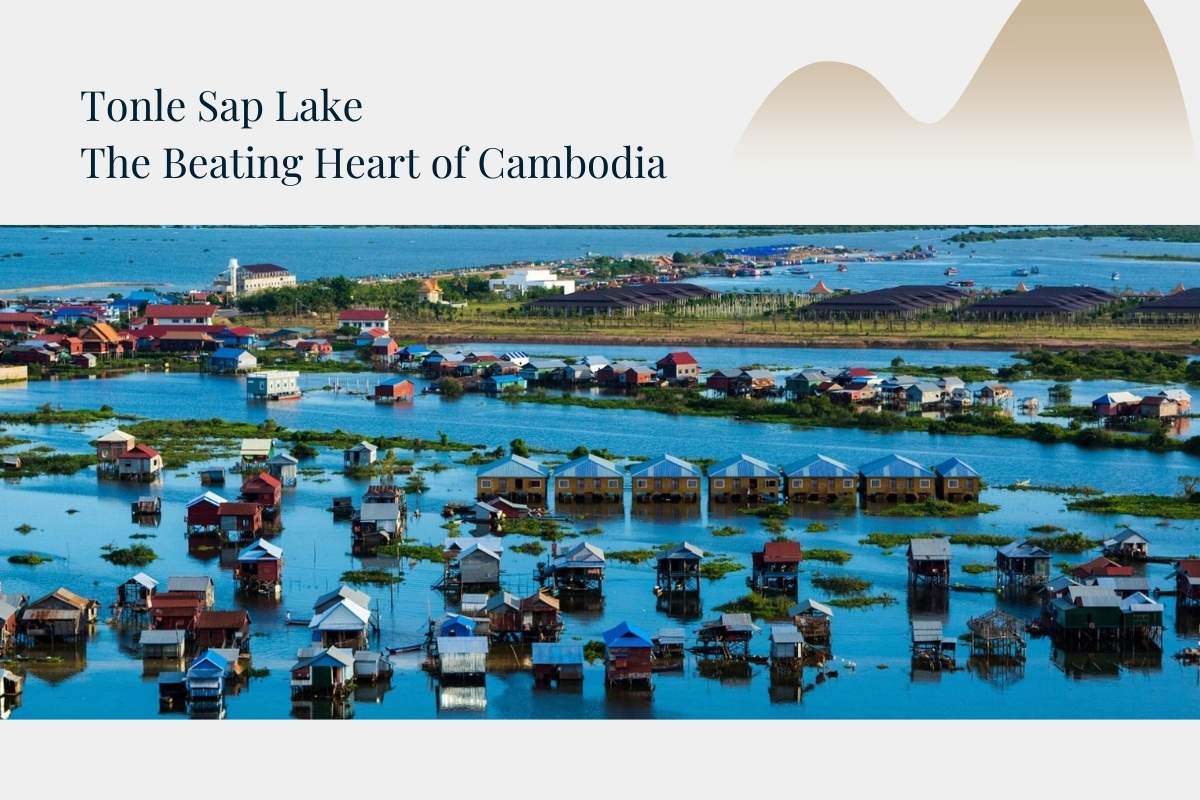
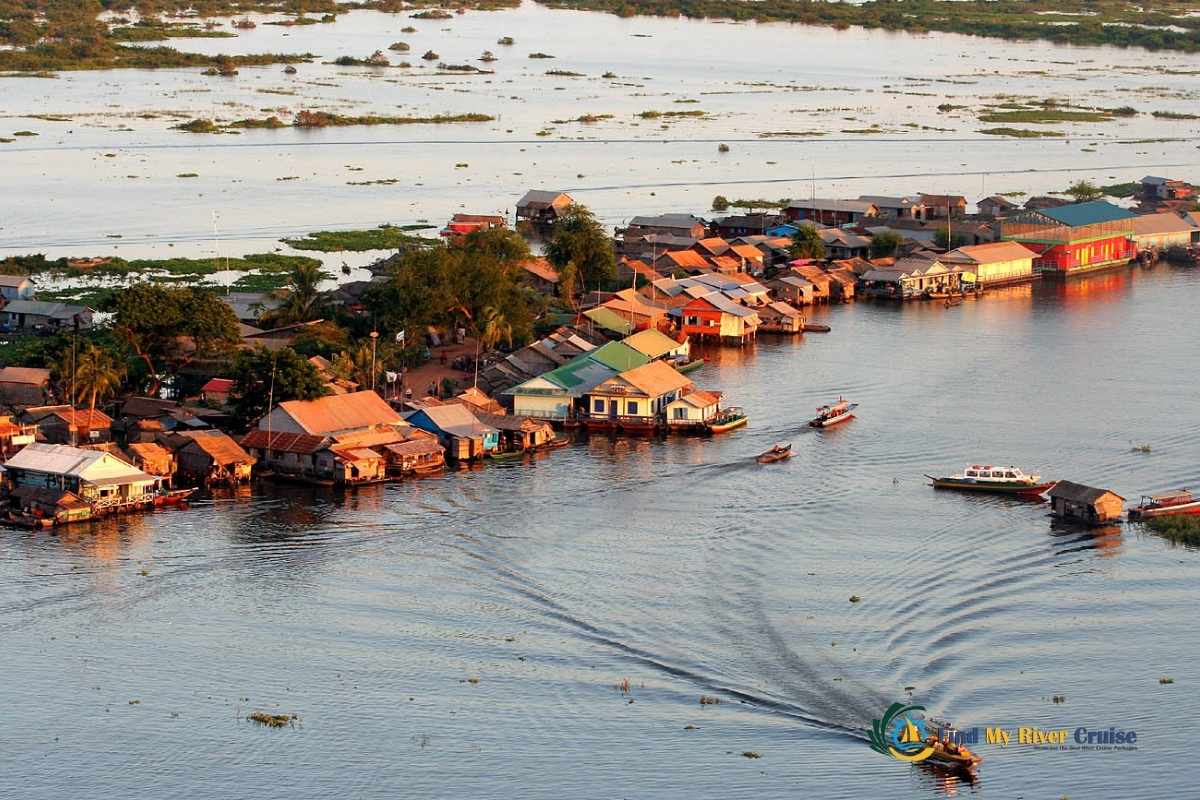
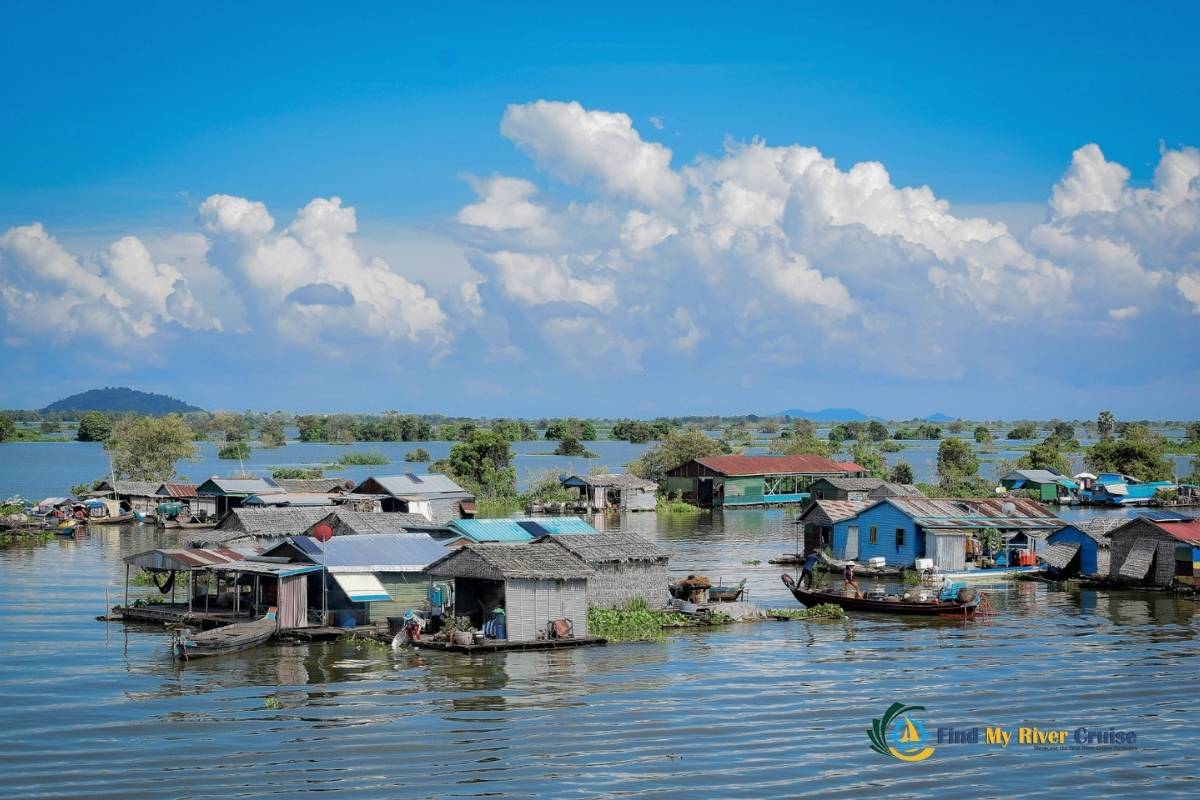
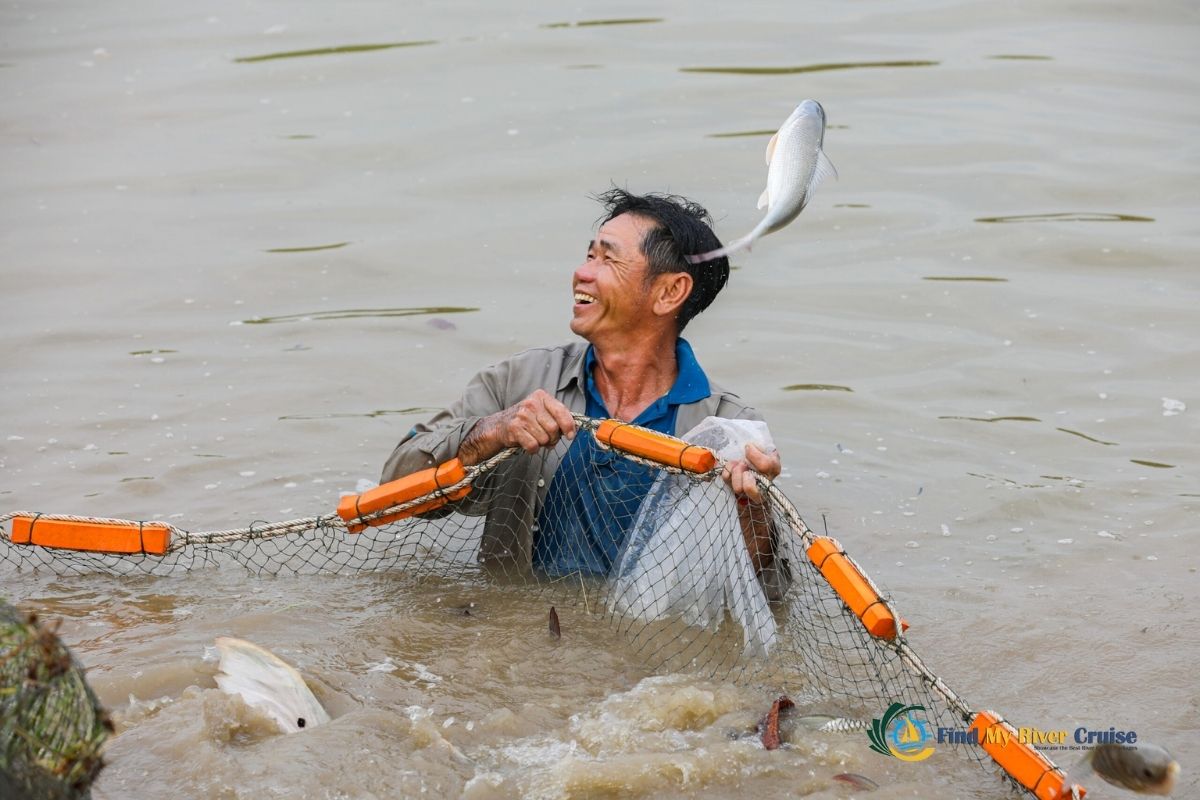
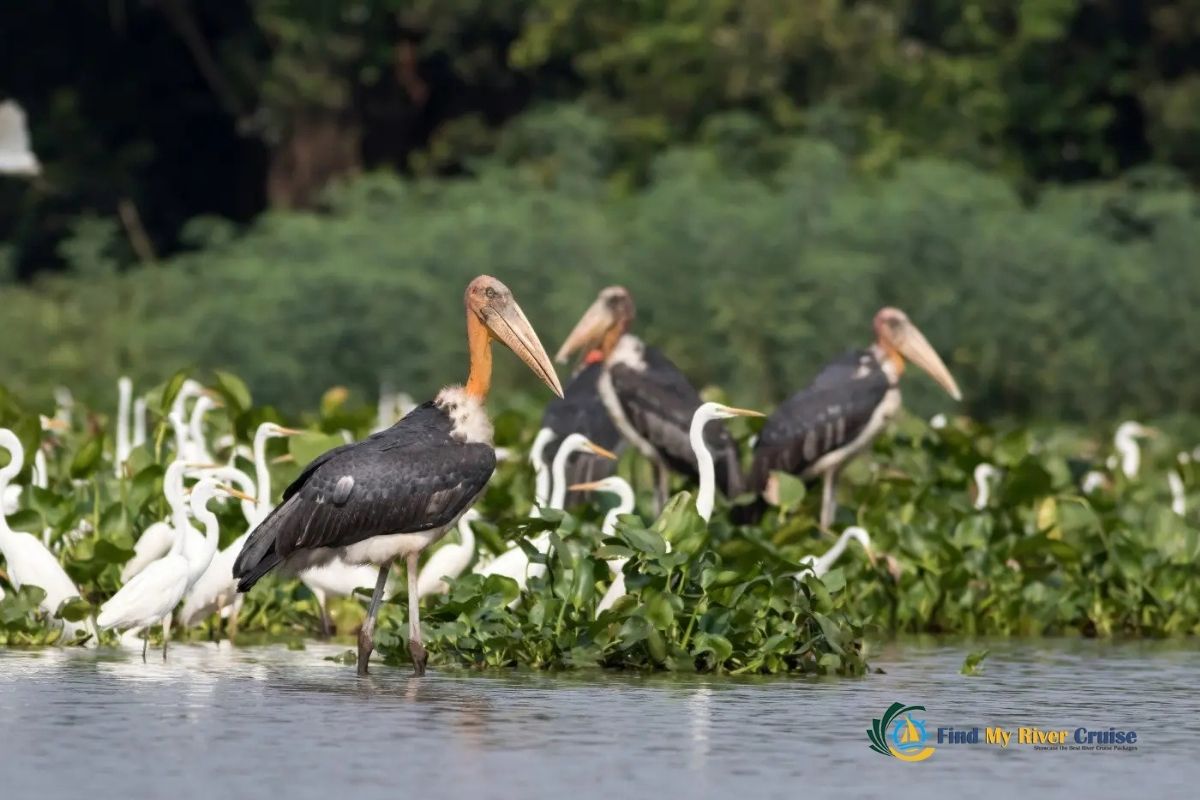
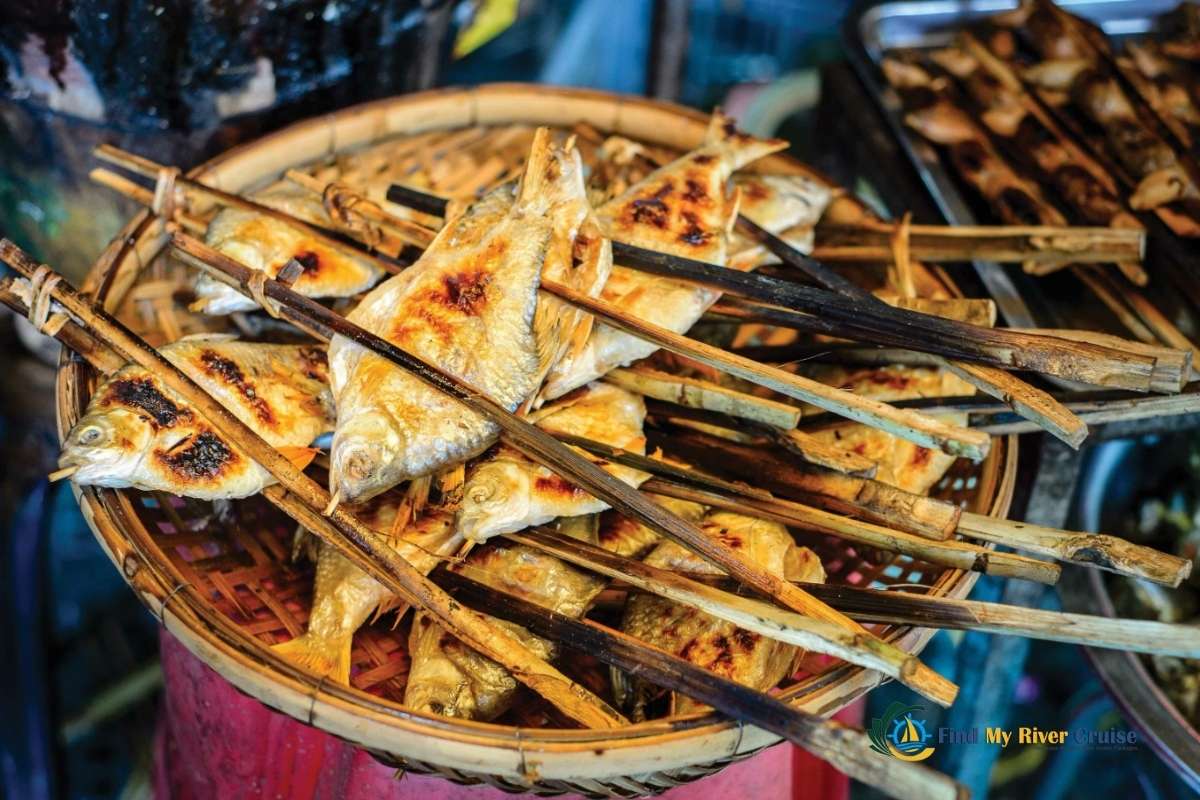
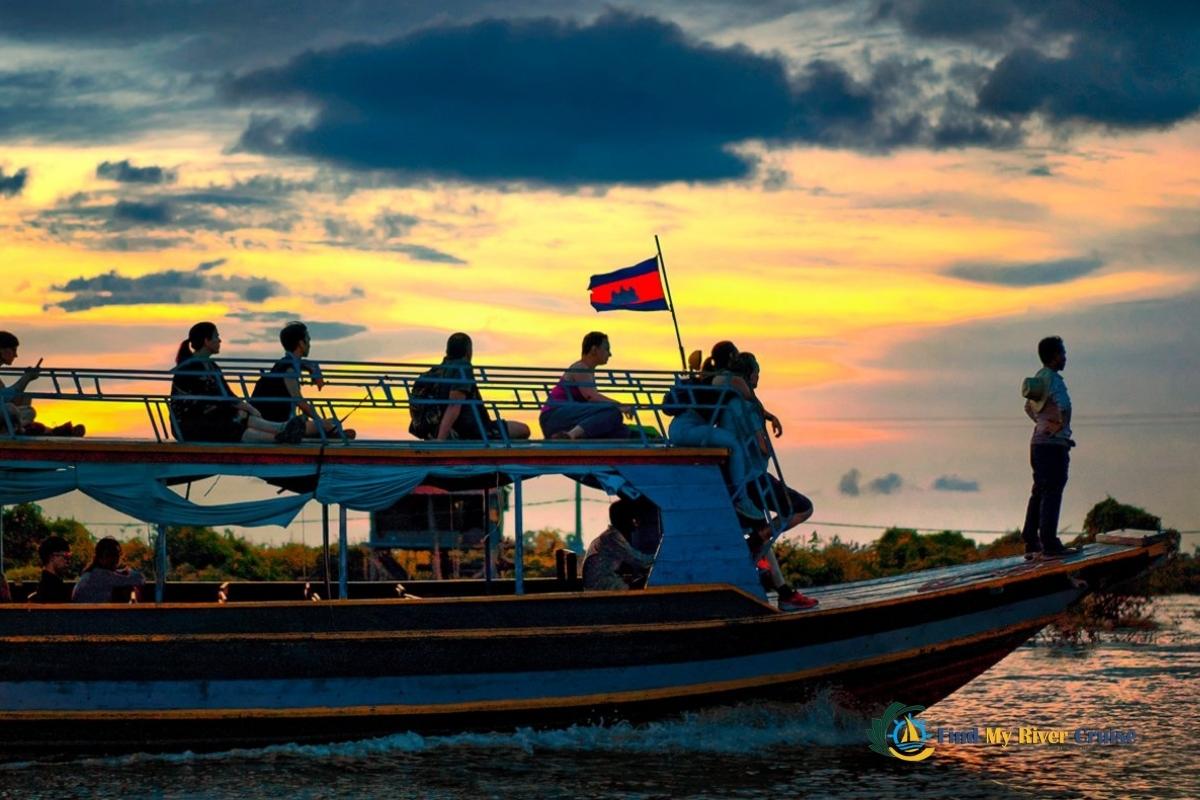

0 Comment